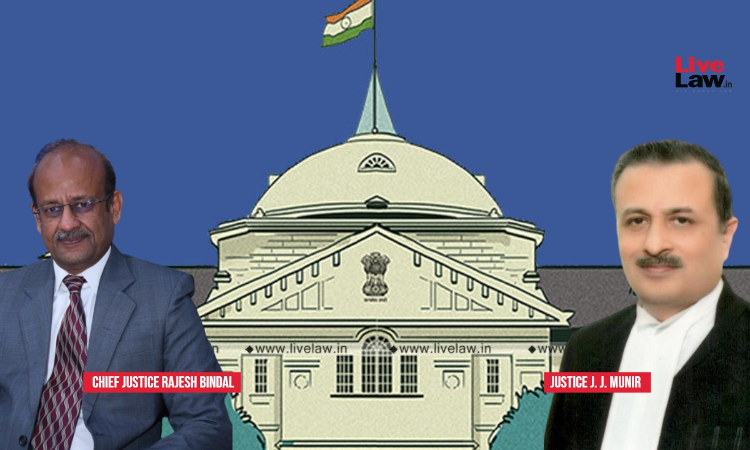"Only Parliament Can Include A Caste In The SC List": Allahabad HC Quashes UP Govt Orders Notifying 17 OBCs As Scheduled Castes
Sparsh Upadhyay
3 Sept 2022 1:16 PM IST

Next Story
3 Sept 2022 1:16 PM IST
In a significant order, the Allahabad High Court has quashed the orders of the Uttar Pradesh Government recognizing or acknowledging 17 Other Backward Classes sub-castes as Scheduled Castes. The Court said that this exercise could have been undertaken only by way of parliamentary law."The provisions of Article 341 of the Constitution do not leave any scope for including any Caste or Group to...
